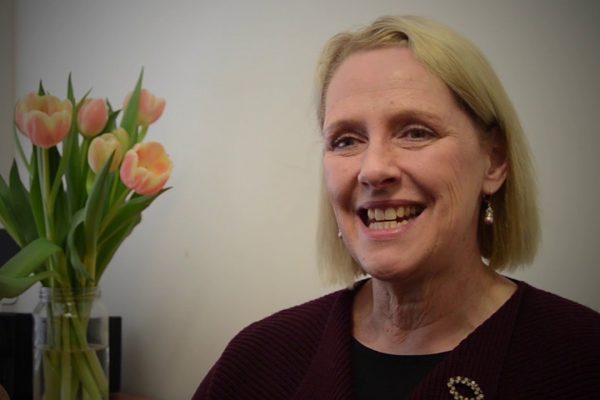Food is a necessity for survival; a lack of food affects our physical and mental health, such as the quality of our thought processes. Our learning ability and life itself depend on physical food. Food is an essential item of our lives. We have certainly experienced this truth during our pandemic lockdown, as so many people rushed to the supermarket for supplies.
Today’s scripture readings bring our attention to the sharing of bread, which Jesus himself gives to us, as he says “Take it, this is my body”. The bread, just mentioned in the Gospel, has always been here among us in the Eucharistic celebration. Coming to the Eucharist, we believe there is an unbreakable bond that is established between us and the risen Lord, who was born for us and saved us by giving us his own body and blood in the form of bread and wine.
In order to arrive at a better understanding of the Eucharist, we need to ask why Jesus gave us this sacrament in the first place. A closer reading of today’s gospel or, better still, Mark’s narrative of the Eucharist is based on the central idea of sharing the meal together.
Jesus promised to be with us until the end of time (Matthew 28:20). In the Eucharist, he provides a visible sign of an invisible reality. A visual sign of bread, but the reality of Jesus’ presence. An effective means of him being present to us and us being present to him, whenever we are able to celebrate the Eucharist together as the whole community or as the domestic church.
Our Eucharist is both a sacrifice and a meal – a sacrificial meal. Both sacrificial love and meal-friendship love blend into one event. The ritual meal makes present the ritual sacrifice. The power of the Eucharistic ceremonies are meant to touch us at our deepest levels of awareness.
There is a story of a young girl who, after receiving her First Communion, was asked by her parents about what she thought the priest did during the Mass. She said, “The priest performs magic!” “What do you mean?”, the parents asked and she said, “The priest holds up the big communion bread and blesses it, and when he puts it down it becomes a lot of little communion breads.”
Indeed, the innocent answer from the young girl who had just received her First Communion can make us laugh, but it also helps us to come to the significant realisation of the meaning of the Eucharist: the visible breaking of bread in remembrance of Jesus, who breaks himself on the cross for the salvation of the world and for each one of us.
Each of us are warmly invited this Sunday to be part of sharing bread or even sharing of ourselves like Jesus for the common good and the good of other people. We cannot gather to celebrate the Feast of the Body and Blood of Christ this weekend. More importantly, we cannot share this Eucharist for the very first time across our parishes with our Year 4 and 5 students. You are therefore invited to remember and pray for these students that are waiting to receive their First Eucharist, that they may come to realise the importance of this spiritual meal for their spiritual lives.
By Trac Nguyen




Comments
Add Comment